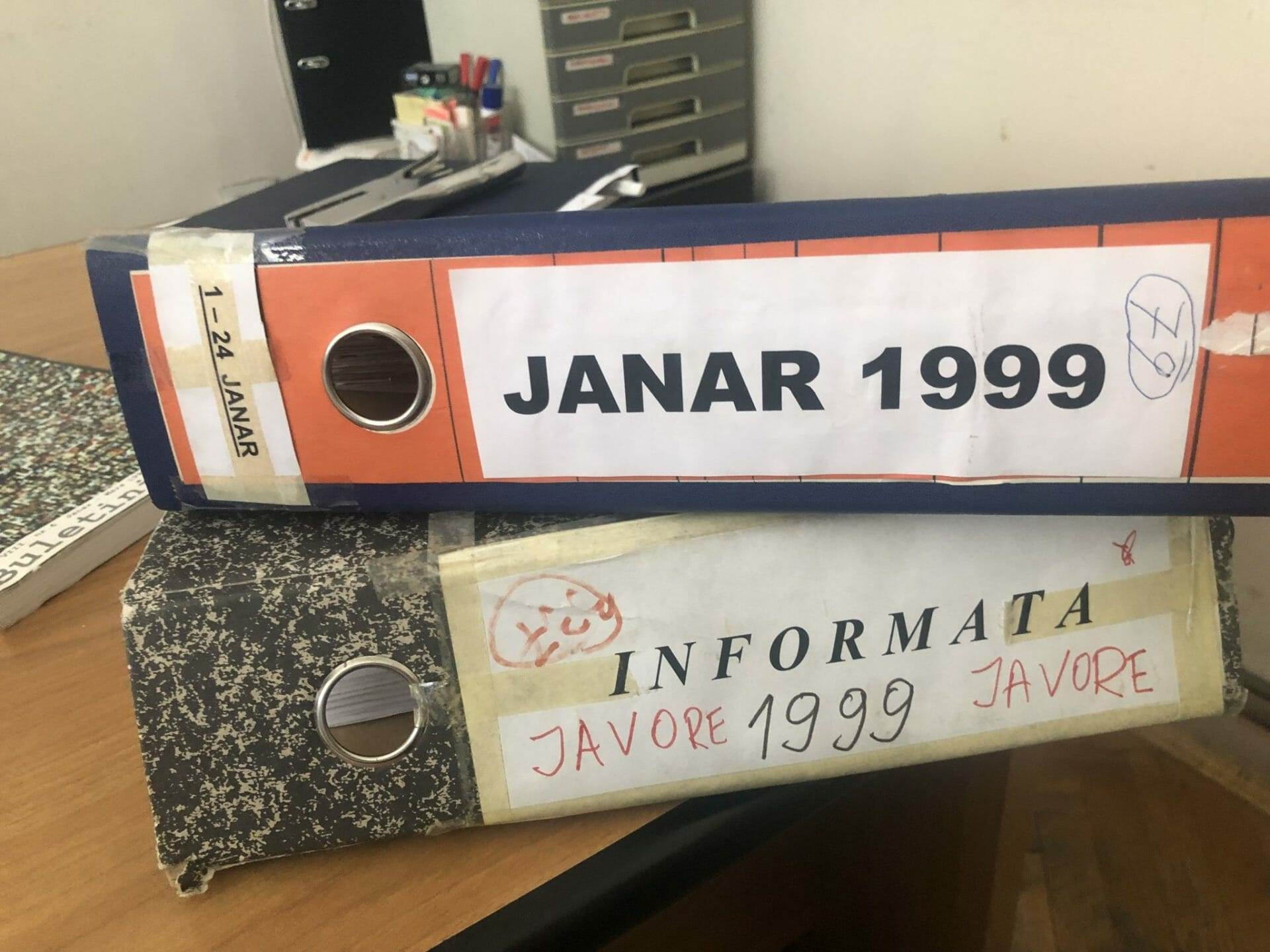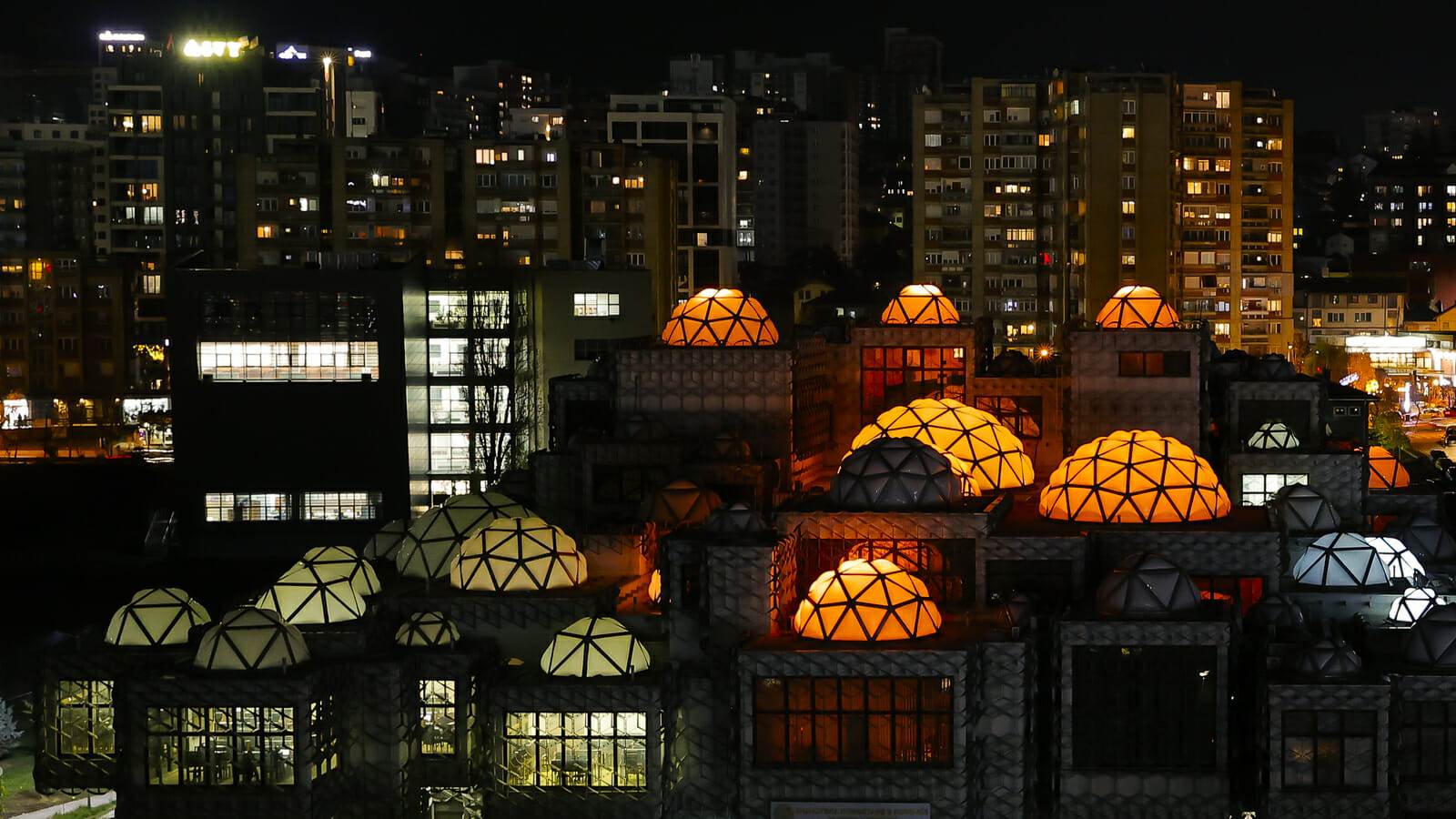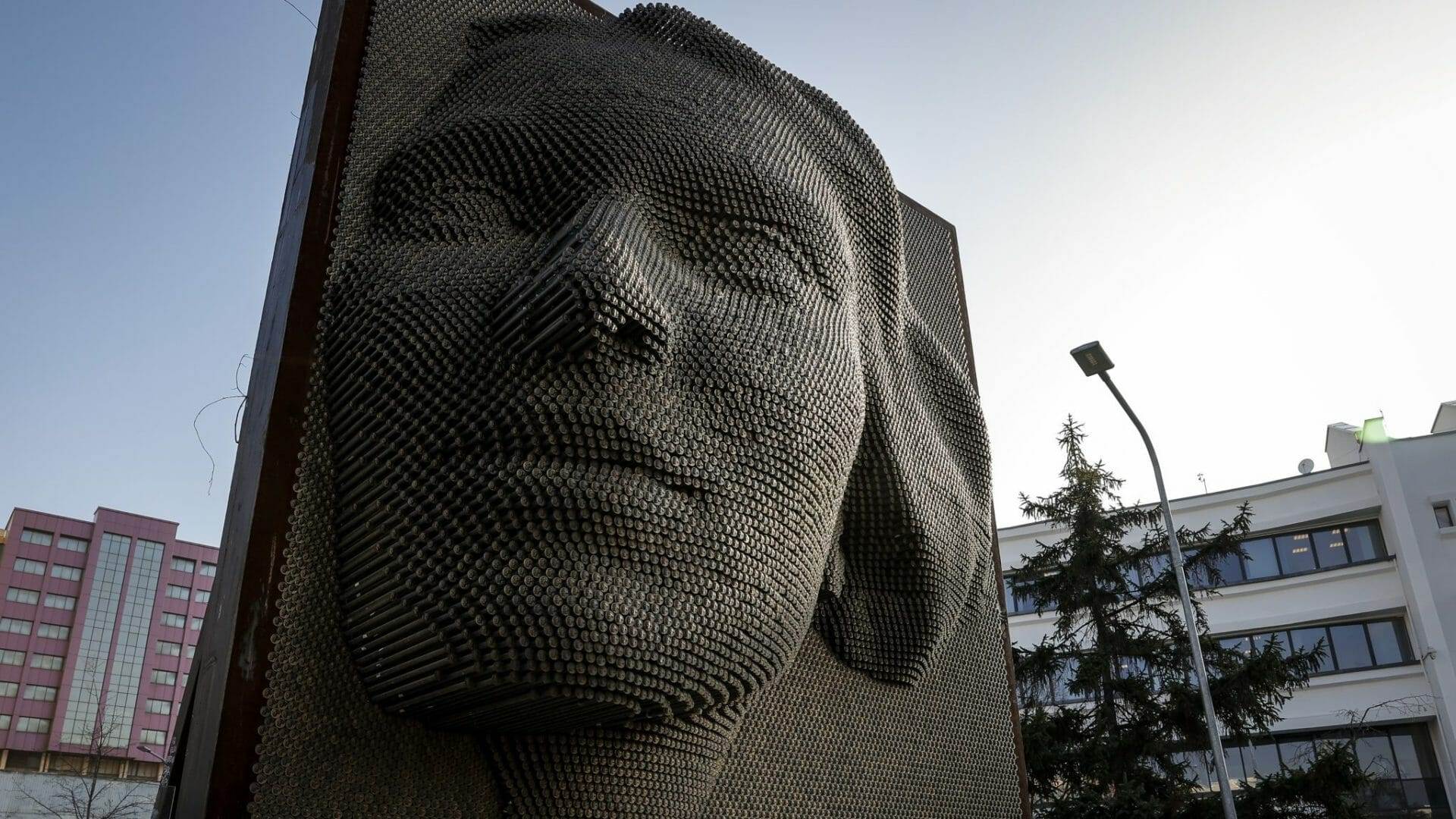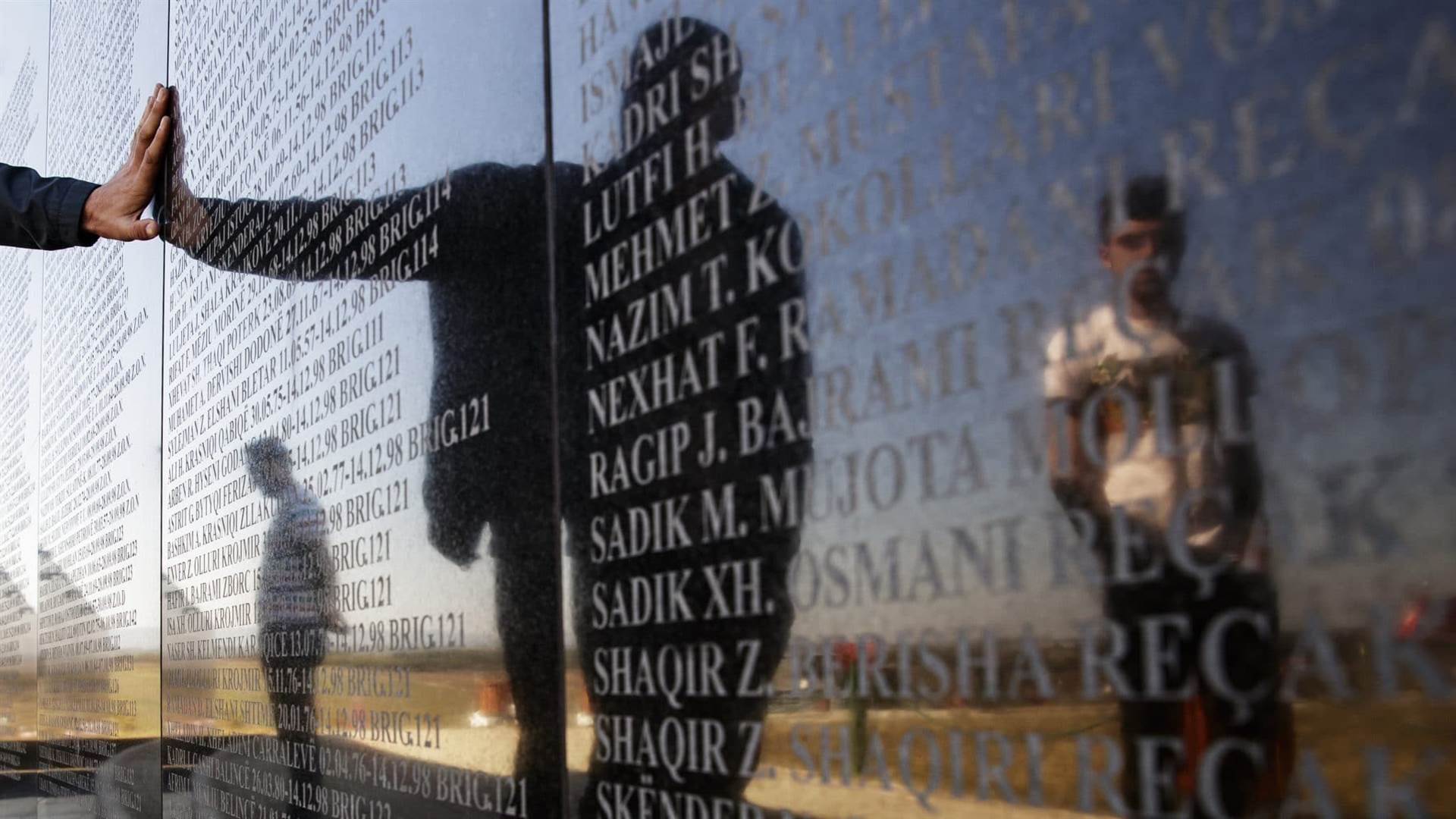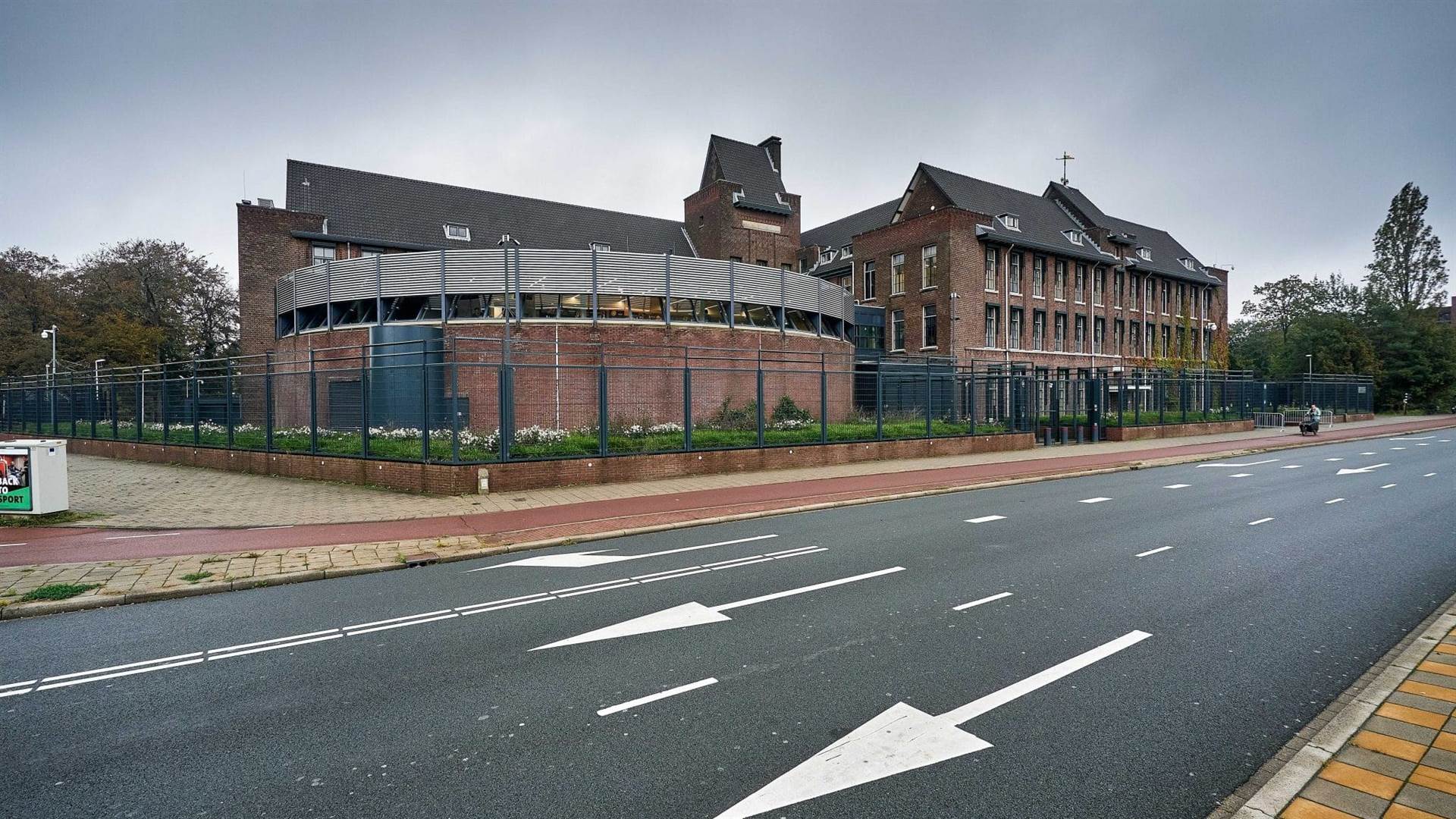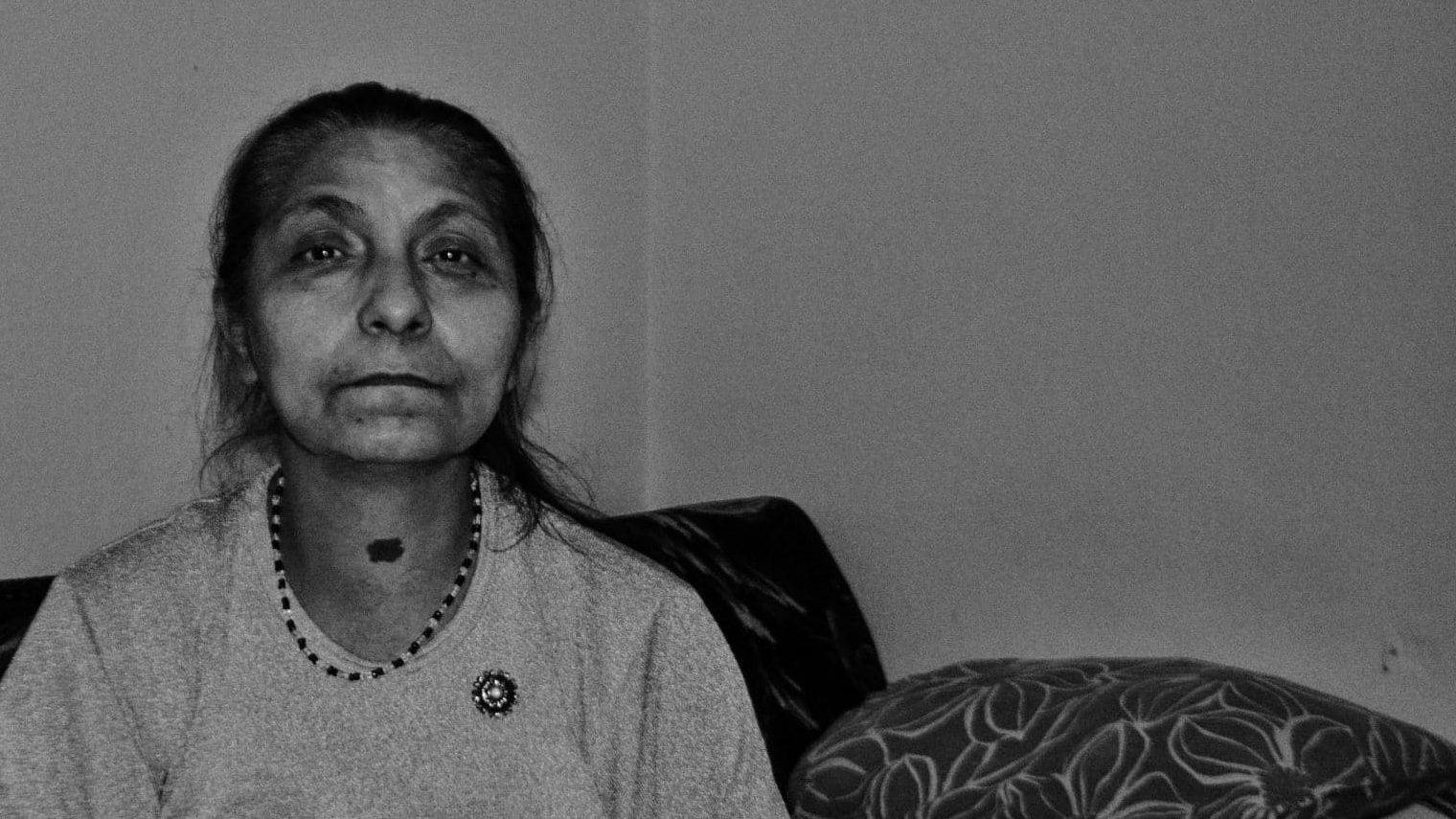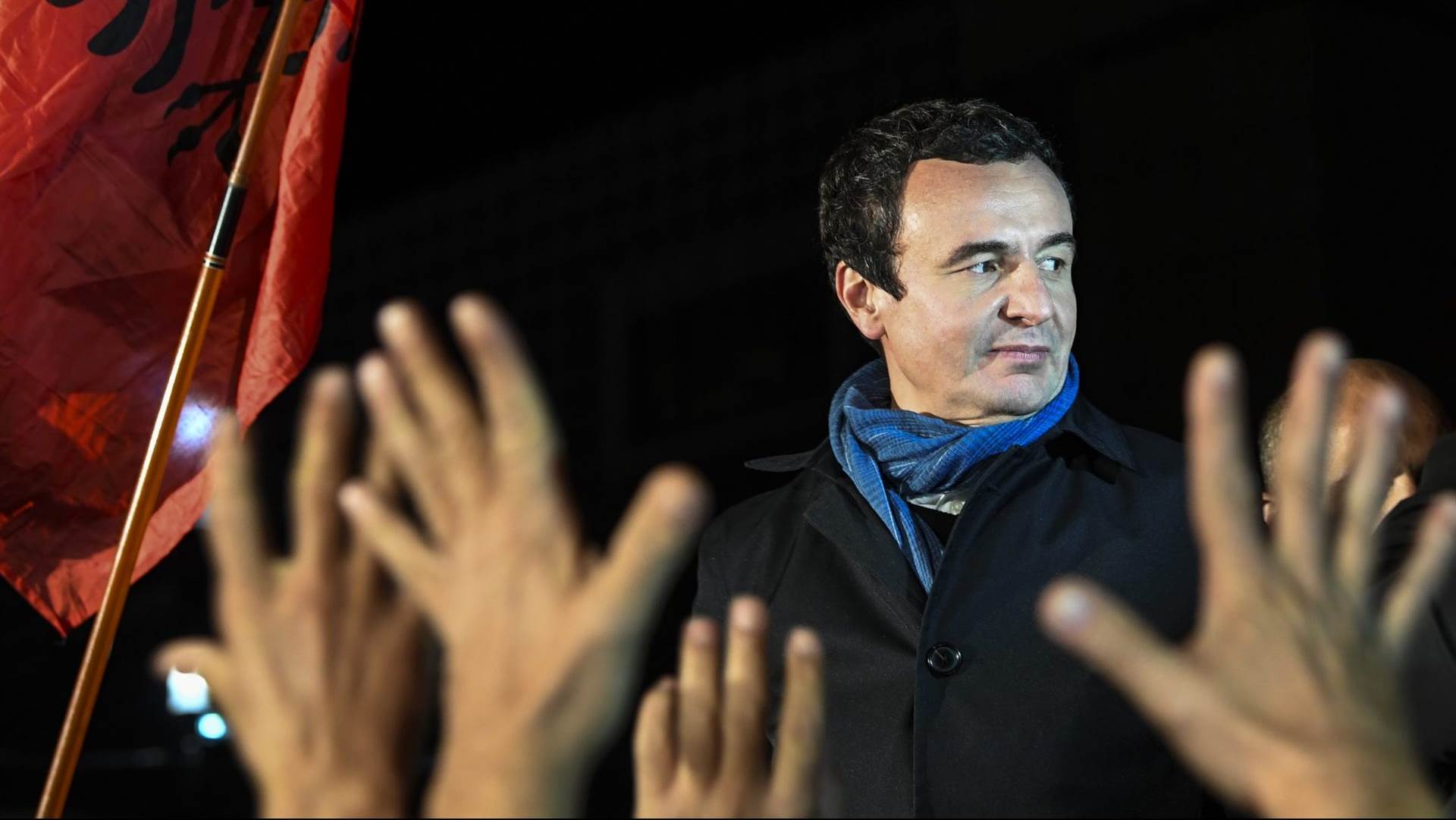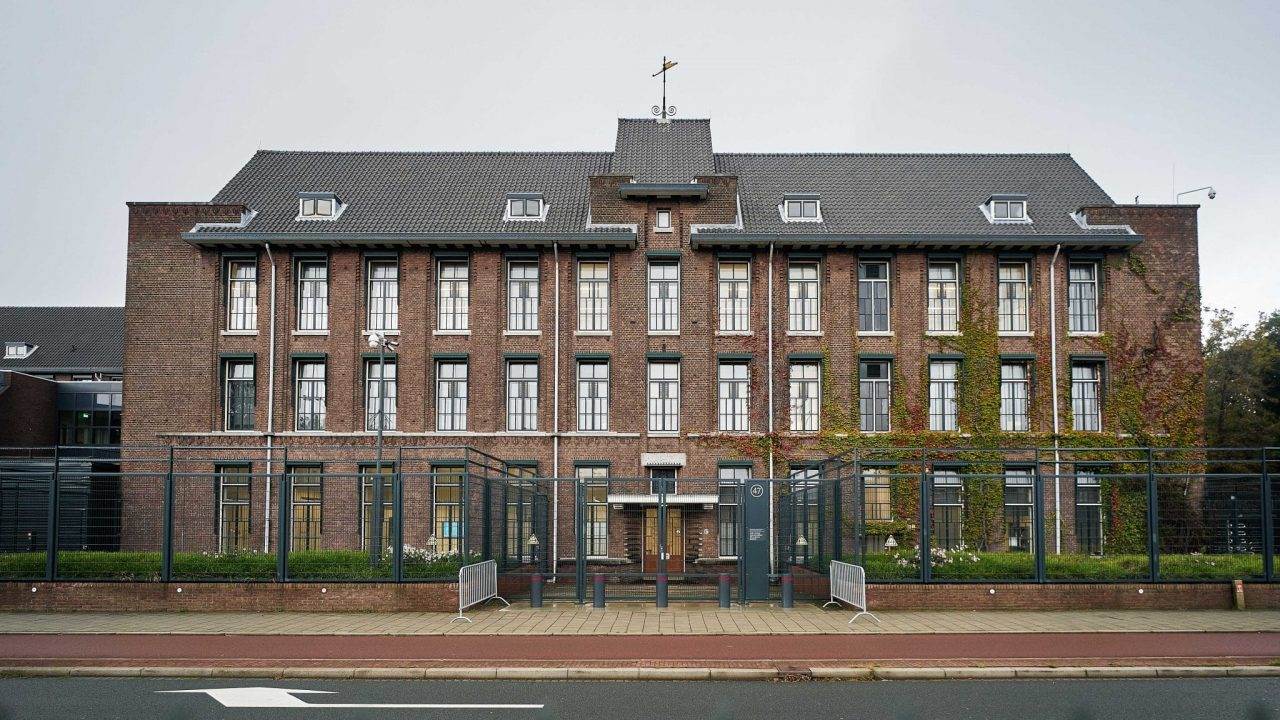Important files, photographs and witness records that illuminate the history of the Kosovo war are being kept separately by human rights groups, amateur archivists and the State Archives, as the...
Kosovo is trying to reintegrate returnees from the Islamic State. But its strategy on religious extremism must evolve too, experts say.
Psychoanalyst Wiola Rebecka says her new book about sexual assault during wartime highlights how rape survivors in Kosovo felt afraid to tell anyone about what happened to them, prolonging the...
Kosovo has begun to develop a national transitional justice strategy, intended to address the unresolved legacies of the 1998-99 war - but questions remain over whether the political will exists...
In the absence of legal cooperation with Serbia, Kosovo has changed its legislation to make it easier to try suspects in their absence - but sceptics say this doesn’t necessarily...
A new online ‘museum’ showcases the stories of some of the hundreds of thousands of people who fled their homes to avoid violence during and after the Kosovo war in...
Kosovo’s Prime Minister Albin Kurti has vowed to revive the controversial idea of launching an international court case against Serbia for alleged genocide during the 1998-99 war, despite experts’ warnings...
Human rights activists in Kosovo are preparing to open a museum focusing on children’s experiences of the 1998-99 war and are asking people to give them personal items and testimonies...
In an attempt to prevent infections within its detention facilities, the Kosovo Specialist Chambers in The Hague has restricted family visits for former Kosovo Liberation Army leaders who are awaiting...
